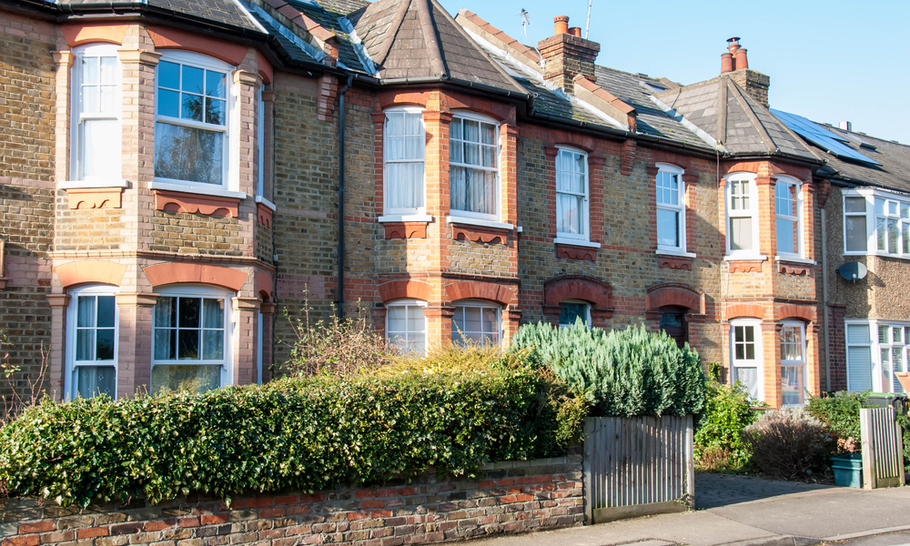Property is back in business — but will our homes still be so sweet?

In what is potentially the most significant relaxation of the lockdown so far, the Government has decided to warm up the frozen property market. With immediate effect, estate agents, removal firms and conveyancers may reopen, houses may be bought and sold again, owners and agents may show properties to potential buyers, show homes may reopen and builders may work until 9pm every day except for Sundays. Family members still cannot socialise, but total strangers are now permitted to enter for 15-minute visits. What is the thinking that lies behind such a drastic step?
Robert Jenrick, the Housing, Communities and Local Government Secretary, has been appealing to Downing Street to unleash the property market for some time. Safety concerns have been allayed by strict rules on social distancing when showing properties. Jenrick argues that unfreezing the market early will limit what would otherwise be an unprecedented slump in house prices. He has clinched the argument by pointing to nearly half a million families who were caught by the freeze in the middle of a house sale or purchase. They will now be able to go through with their transactions, although some may haggle over prices that were agreed before Covid-19.
It is almost impossible to overestimate the importance of property to the British. Not only our economy, but our society, culture and environment depend upon the homes in which we live. In 2018, according to Tim Lang’s excellent new book Feeding Britain (Pelican, £25), the value of the British housing stock was £7.14 trillion. This is a sum of money so vast that it would enable its owner to buy Google, Apple, Amazon, Coca Cola, McDonald’s, all the oil left in the North Sea, all the companies in the FTSE100 and the FTSE250, the top 20 house-builders and the top 15 mortgage lenders in the UK, the International Space Station, all Bitcoin in circulation and all the clubs in the English Premier League — if, that is, you could convert every UK house and flat into cash. That is, of course, impossible, because its value depends on a balance between buyers and sellers. We may be about to find out just how volatile the property market can be when demand collapses.
Everyone expects house prices to fall, but estimates of how big the drop will be vary widely. At one end of the spectrum, Lloyds Banking Group (a major mortgage lender) predicts that prices will fall by a third, beginning with 10 per cent this year, 10.9 per cent next year and a further 12.9 per cent in 2022. A long-term collapse on this scale would be worse than the slump that followed the financial crash in 2008. It would hit families hard: for most people their property is their only major asset and they depend on realising it to fund their retirement.
A slump in property prices might seem to benefit “Generation Rent”, those first-time buyers who struggle to get onto the housing ladder. But many of them need the “bank of Mum and Dad” to pay their deposits on a mortgage. If house prices collapse, that “bank” might now be unable to help.
However, not all predictions are as gloomy as Lloyd’s, who admit that this year’s fall might be limited to 5 per cent. The estate agency Savills suggests that the Government’s swift reopening of the market might keep the price drop at the lower end of the scale. Longer term trends will depend on how soon the wider economy recovers from the shock of the pandemic.
What does seem likely is that house prices in the country will fare better than those in cities, thanks to the enforced change in lifestyle caused by lockdown. Many professional people have found it surprisingly easy to work from home and companies may decide to dispense with at least some of their offices. Commuting may be impeded by social distancing on public transport for some time to come. This shift in work habits will have an impact on where people decide to live. The London boom of the last decade has long been replaced by a gentle decline, but this downward trend may now be accelerated. The urban jungle may seem less attractive in the “new normal” of permanent social distancing. Instead of villages being dominated by second homeowners, only to be seen at weekends and in the holidays, the rural economy might find itself transformed by the permanent presence of former city-dwellers who have acquired a taste for country life.
All this is speculation, of course. It is quite possible that life will revert to the fixed patterns that have hitherto dictated that London must always dominate England. Ever since the Industrial Revolution, urban prosperity and rural poverty have seemed more or less inevitable. It will probably take more than even the upheaval caused by coronavirus to change such long-term trends. What we do know, however, is that the Englishman’s home is still his (or her) castle. The question now is: will our castles be ruined or not?





